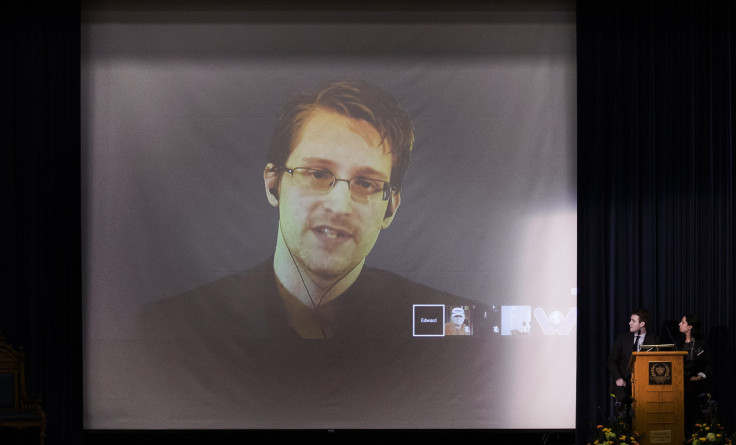US spy agency NSA to stop examining phone records of citizens: Sets time for destroying procured records

The National Security Agency in the U.S. will soon stop examining millions of calling records of Americans. They were collected under a controversial surveillance program, which was leaked out by the agency's former contractor Edward Snowden. Under the new plan, the procured records will be purged after the mandatory time frame. The NSA started the surveillance program using telephone records soonafter the September 2001 terrorist attacks in the country.
Acting on President Barack Obama’s request Congress in June, passed a law for ending the collection of such data and allowed NSA to request records from phone companies as and when they need them for terror related investigations. The law passed by Congress in June directed NSA to stop bulk collection of Americans' calling records after the six-month transition period, starting June.
Snowden Controversy
The collection of American phone metadata stoked controversy after Edward Snowden revealed it to media in 2013. According to Director of National Intelligence, the procured records are no longer in use. Right now the NSA cannot purge the records as the agency has to preserve it, in case there are any litigations about it, the director said.
According to sources, NSA has probed the database 300 times a year to track phone numbers having any possible links to terrorism. But the program was never used to detect any terror plots. Also, many officials within the NSA also wanted to stop collecting telecom records over concerns that they breach civil liberties information.
Purging Of Records
Meanwhile, there is news that NSA has set the date for purging surveillance phone records . After NSA’s “analytic access" to the five years worth of records ends on 29 November, the records will be destroyed three months later from that date, according to an official statement. "Plus ça change, plus c'est la même chose, well, at least for 180 days," this was how US Foreign Intelligence Surveillance Court Judge Michael W. Mosman wrote in June, while granting a six-month extension to the agency's bulk collection of phone metadata.
In June, the issue had led to a standoff on Capitol Hill when the renewal of lapsed spying provisions of the Patriot Act came up. The standoff was resolved with the passage of the Freedom Act by incorporating three provisions of the spying-centric Patriot Act.
(For feedback/comments, contact the writer at feedback@ibtimes.com.au)





















